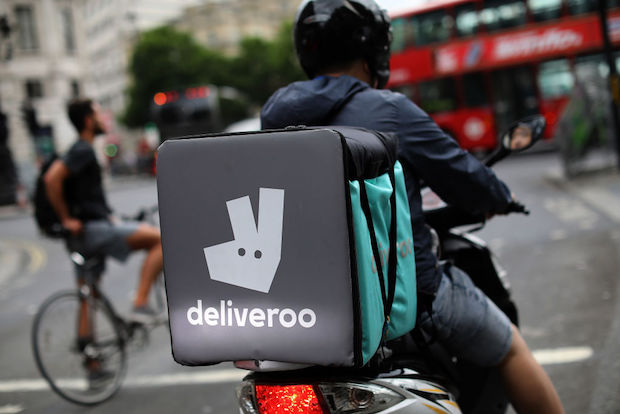The Conservatives used to be known as the party of business. Theresa May still seems to be trying to keep up the pretence, saying in her conference speech that the Conservatives are ‘a party that believes in business’. But the proof is in the pudding, and this pudding is turning sour. Fast.
The Budget rumour mill is in overdrive that Chancellor Philip Hammond will use the Budget to extend the government’s disastrous changes to self-employed IR35 tax law from the public sector to the private sector. However Theresa May’s speechwriters may spin this, it would be the final nail in the coffin of the Conservatives’ small business credentials.
Let me explain. IR35 is essentially a tax law introduced to stamp out ‘disguised employment’. In essence, if HMRC believes a self-employed person is not really what they say, it can tax them like an employee – but without any of the benefits. Now, clamping down on false self-employment might seem fair enough, but the trouble is the system is so complex and ineffective it catches out many legitimately self-employed people. It’s the bugbear looming over every self-employed person’s shoulder.
Instead of improving the creaking system though, last year the government made it worse for self-employed people in the public sector. There, it basically shifted responsibility for deciding IR35 status from the self-employed themselves to their engagers. And because navigating IR35 is so difficult, many public sector bodies just didn’t take the risk: they declared all their contractors ‘under IR35’.
The result? Well, what would you do if you were suddenly paying a higher tax rate without any worker rights like sick pay or holiday? They left the sector in droves. The changes caused delays and even the scrapping of major projects across the public sector. It even seems to have worsened the NHS staffing crisis. And public sector contractors are only a small part of the overall self-employed population. Doing the same in the private sector would be a genuine catastrophe for the self-employed, the businesses that engage them – and the wider economy.
The self-employed are, quite simply, one of the UK’s most productive and dynamic sectors. And their numbers have exploded in recent years. Our research at IPSE, the Association of Independent Professionals and the Self-Employed, shows they contributed no less than £271bn to the UK economy last year alone. Why, with the economic uncertainty of Brexit ahead, is the Chancellor punishing, not supporting one of our most productive sectors?
It’s not just IR35 either. Almost since he stepped into the Treasury, Philip Hammond seems to have been hounding the self-employed with measure after punishing measure. First there was the famous – and humiliating – u-turn on raising National Insurance Contributions for the self-employed. Then came a spate of other measures that he sadly didn’t flip-flop on – among which was the particularly damaging cut to the dividend tax allowance. There have even been suggestions that he may lower the VAT threshold, which would hit many self-employed people and discourage others from growing their businesses.
The Conservative Party used to have a proud reputation as the party of business. If it wants to even try and maintain it, it must look to its Chancellor to stand up for, not punish, this country’s smallest businesses: the UK’s 4.8 million self-employed. And the first thing he absolutely must do to support the self-employed is scrap any plans to extend the catastrophic changes to IR35.
Simon McVicker is Director of Policy at IPSE, the Association of Independent Professionals and the Self-Employed.






Comments